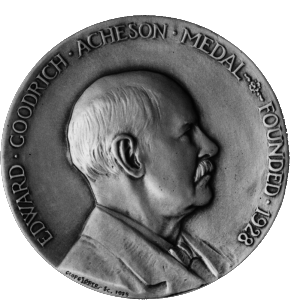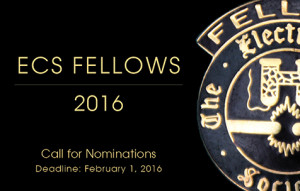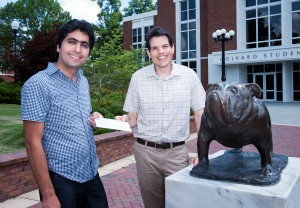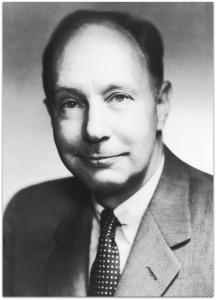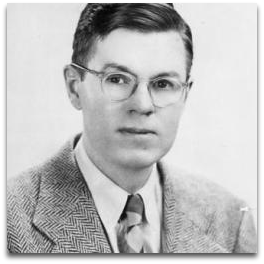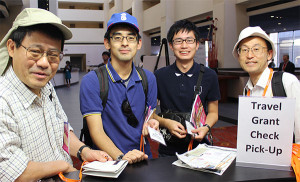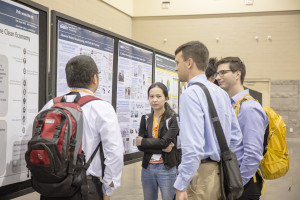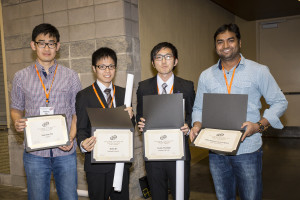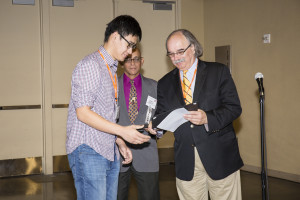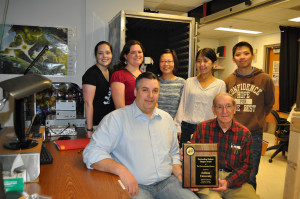229th ECS Biannual Meeting – Special Travel Grant
The 2016 Roger Taylor Award
Application Deadline: March 2, 2016
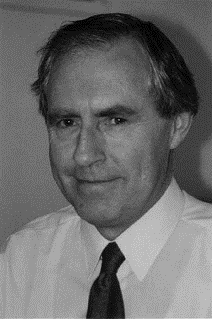
Roger Taylor’s scientific contributions helped propel the high international reputation of chemistry at Sussex.
Roger Taylor Award
The Roger Taylor Award is a travel grant for students and early career researchers who have achieved up to ten years of postdoctoral experience to attend the 229th meeting of The Electrochemical Society and submit to Symposium B: Carbon Nanostructures and Devices. The Roger Taylor Award is generously funded by the Taylor family as an endowment to the British Carbon Group.
Recipient Qualifications
This international award is open to scientists living and working in any country and of any nationality. Anyone living or working, at the time of the conference, in the country where the conference is held is not eligible. As the 229th ECS meeting takes place in the USA, the 2016 Roger Taylor Award is not open to U.S. residents or employees.
The award is made upon the basis of an appraisal of the following three requirements:
- the extended abstract or paper as submitted to the conference (only one paper is permitted for the purposes of the award),
- a short CV (with the date of the award of PhD if applicable) and
- a commentary provided normally by the candidate’s supervisor or close colleague.
Self-nomination is not permitted.


